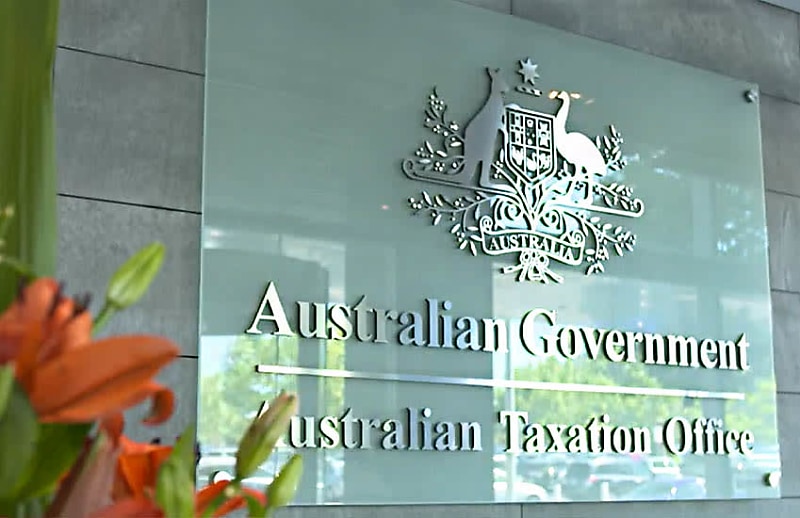Joint bodies push for amendments to payday super compliance approach
SuperJoint bodies within the accounting and super space have joined forces to emphasise the disproportionate impacts small businesses are set to face as the start of payday super looms.

With the beginning of the Payday Super legislation on the horizon and employers expected to comply from 1 July 2026, a group of professional bodies are banding together to provide practical recommendations to the ATO’s draft Practical Guideline PCG 2025/D5 (draft PCG).
In a submission to the ATO in response to its draft PCG, CA ANZ, CPA Australia, the Institute of Public Accountants, the SMSF Association, The Tax Institute, The Australian Bookkeepers Association, and the Institute of Certified Bookkeepers have said they strongly recommend extending the transitional compliance period and providing clearer guidance on key concepts.
The joint bodies noted their submission had been made to ensure fairness, clarity and practical support for employers navigating the changes to payday super.
The ATO’s draft guidance on the legislative change outlined a risk-based compliance framework for the first year of payday super and categorised employers as low, medium, or high risk based on their efforts to comply with super guarantee (SG) obligations.
“Employers who make genuine efforts to pay SG contributions on time and promptly correct errors will generally be considered low risk and not subject to compliance action until 30 June 2027,” the bodies said.
“However, those with unresolved SG shortfalls may face investigation. The joint bodies highlight the need for greater clarity and a more generous transitional period, given the scale of operational, legislative and technological changes required.”
The submission highlighted the important factor that small business entities were set to be disproportionately impacted by the incoming changes, specifically those currently using the Small Business Superannuation Clearing House (SBSCH).
The bodies said these employers would be required to source new clearing houses and adapt to new systems with limited resources and expertise.
Based on this, the bodies took the approach to call for targeted transitional assistance and practical guidance to support small businesses through the transition.
“The joint bodies’ submission reflects a collaborative effort to ensure the Payday Super reforms are implemented fairly and effectively. The recommendations aim to help employers navigate the new regime and build confidence,” the bodies said.
“Ongoing dialogue and practical guidance will be essential to achieving a smooth transition for all stakeholders.”
The recommendation on this implementation period put forward within the submission outlined a compliance approach which applied for the first 24 months, from 1 July 2026 to 30 June 2028.
“If this is not feasible, we would like to understand the reasoning behind the decision, and request that the ATO commit to considering an extension beyond 30 June 2027 based on employer experiences during the first 12 months.”
Other key recommendations put forward in the submission to the draft PCG, in a move to strengthen the compliance framework, support employers and facilitate a smoother transition, were that assessment timing be clarified, SG penalty exposure clearly explained, the definition of ‘reasonably practicable’ and third-party delays to be addressed.
It was also proposed that relief should be expanded for rejected contributions and fund transfers, implementation of nudge messaging and an alignment with a ‘tell-us-once’ approach.
In terms of its ‘reasonably practicable’ proposal, the bodies said the PCG did not provide clarity on what constituted ‘reasonably practical’ and did not guarantee penalty relief; therefore it was vague and open to interpretation.
“To provide employers with certainty, we consider there should be more comprehensive guidance on the requirements for employers in the low-risk zone.”
“Employers would appreciate clear, unambiguous guidance as to what would be considered to be ‘reasonably practicable’, once the employer has made a valid payment and sent the correct data, the time it takes for other parties to process the contribution would be outside the employer’s control or influence.”
In addition to its various recommendations and proposals, voluntary disclosure statements (VDS) were also a contentious factor within the submission.
The bodies said that based on their collective understanding, employers that initially must lodge a VDS would be required to do so on the ATO’s online portal.
This was noted to be a highly impractical process for all employers, especially those with more than 20 employees, as well as not properly aligning with broader government policy.
“The Joint Bodies’ submission reflects a collaborative effort to ensure the Payday Super reforms are implemented fairly and effectively,” the bodies said.
“The recommendations aim to help employers navigate the new regime with confidence. Ongoing dialogue and practical guidance will be essential to achieving a smooth transition for all stakeholders.”




